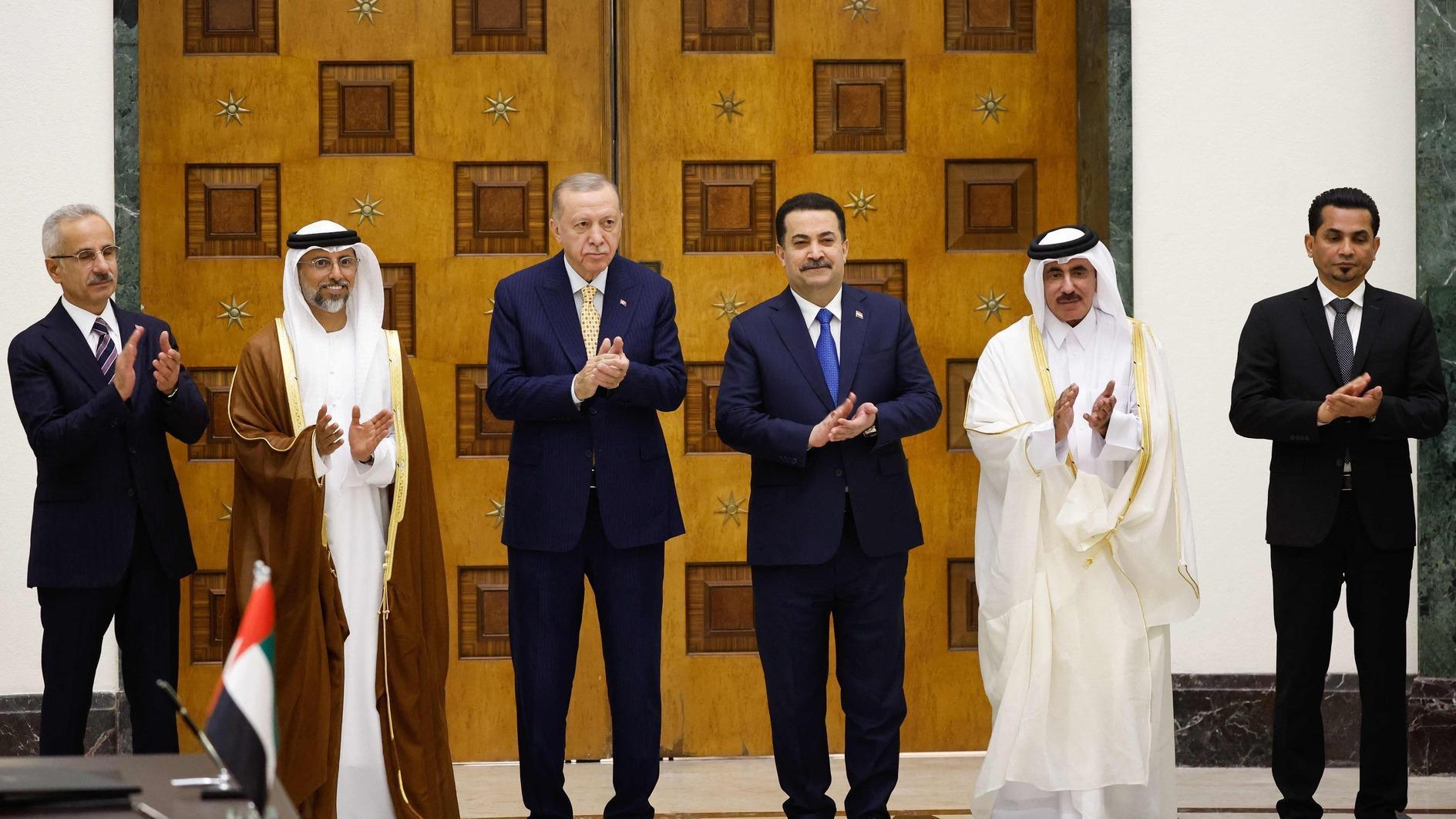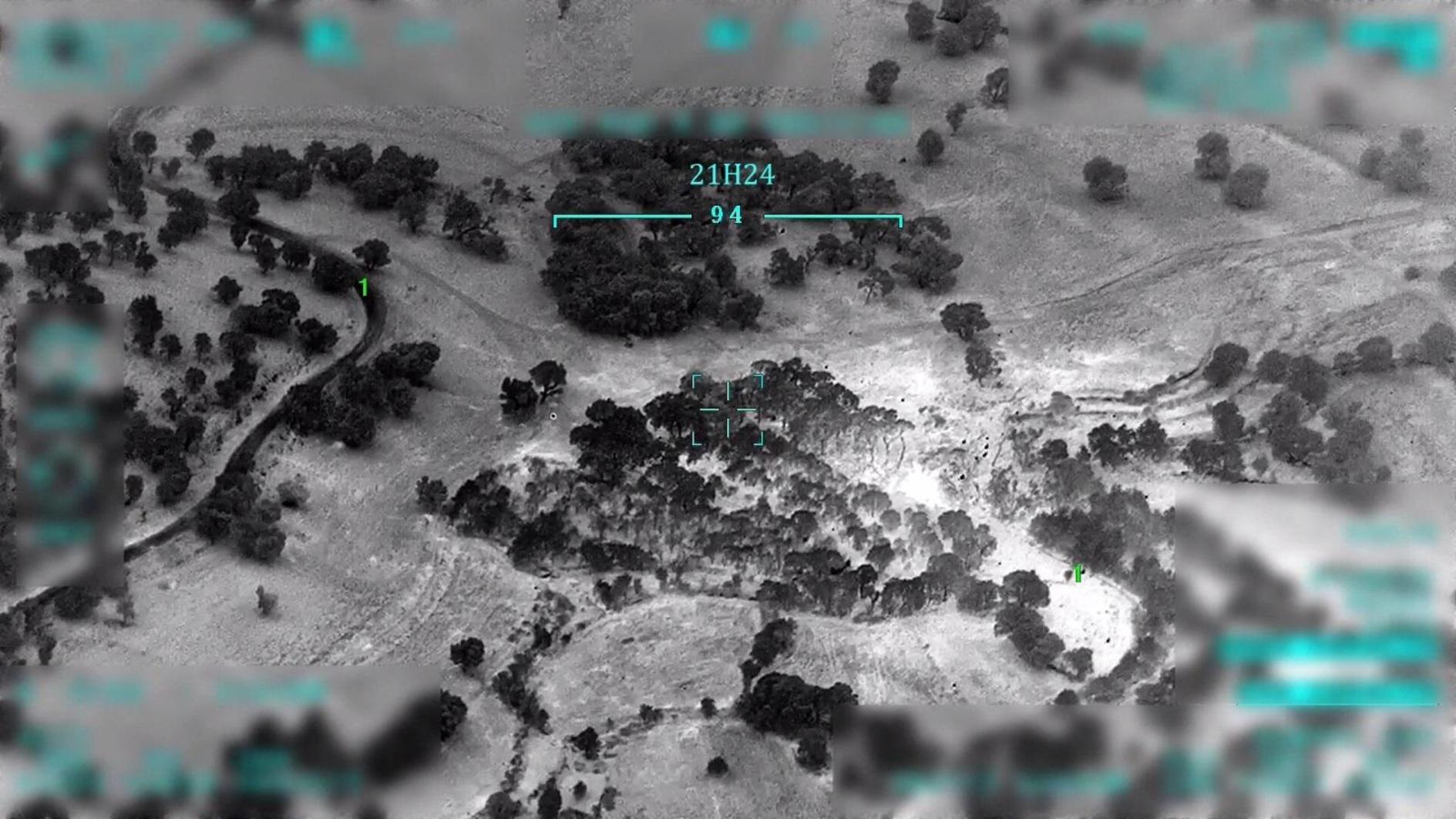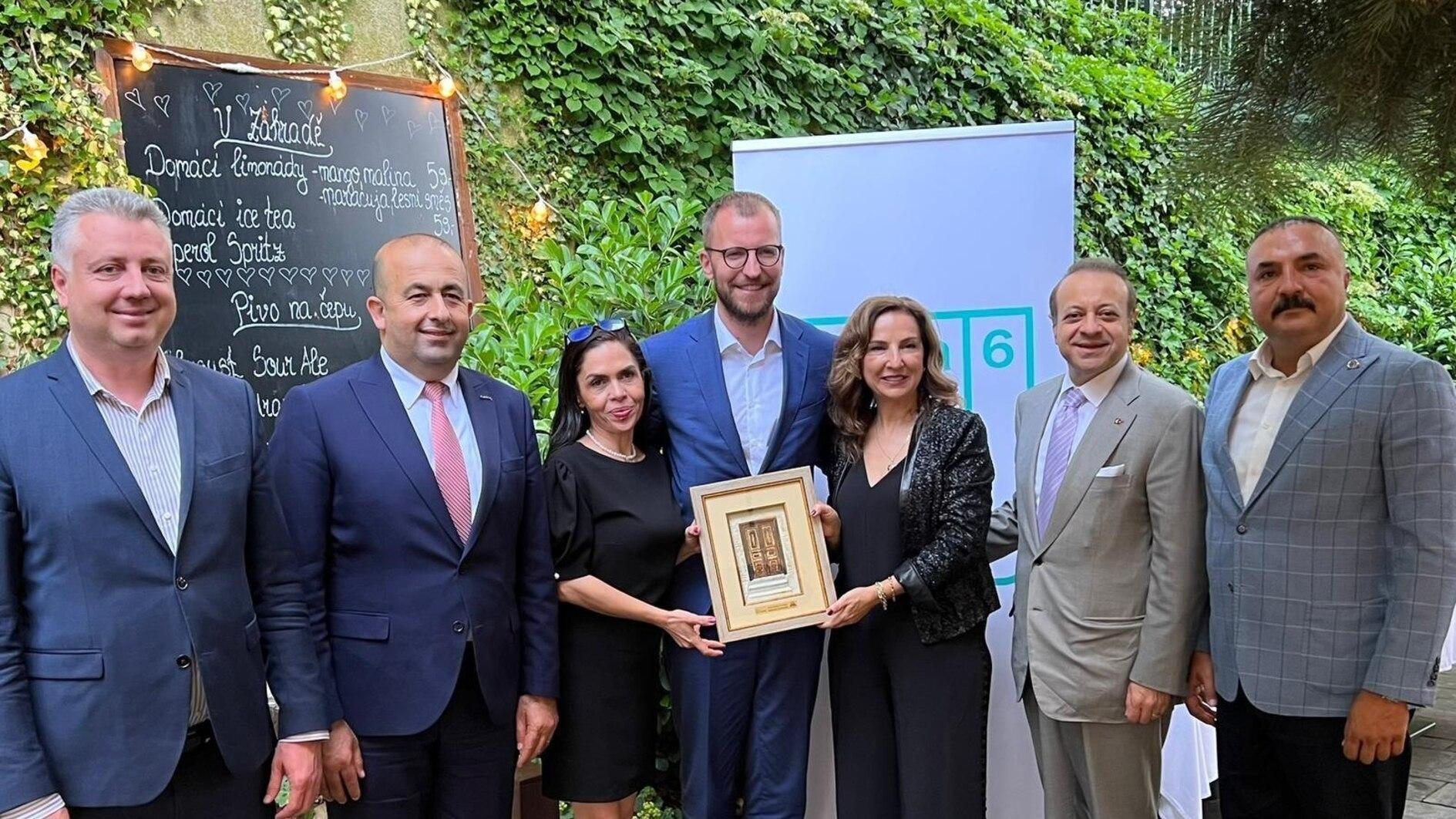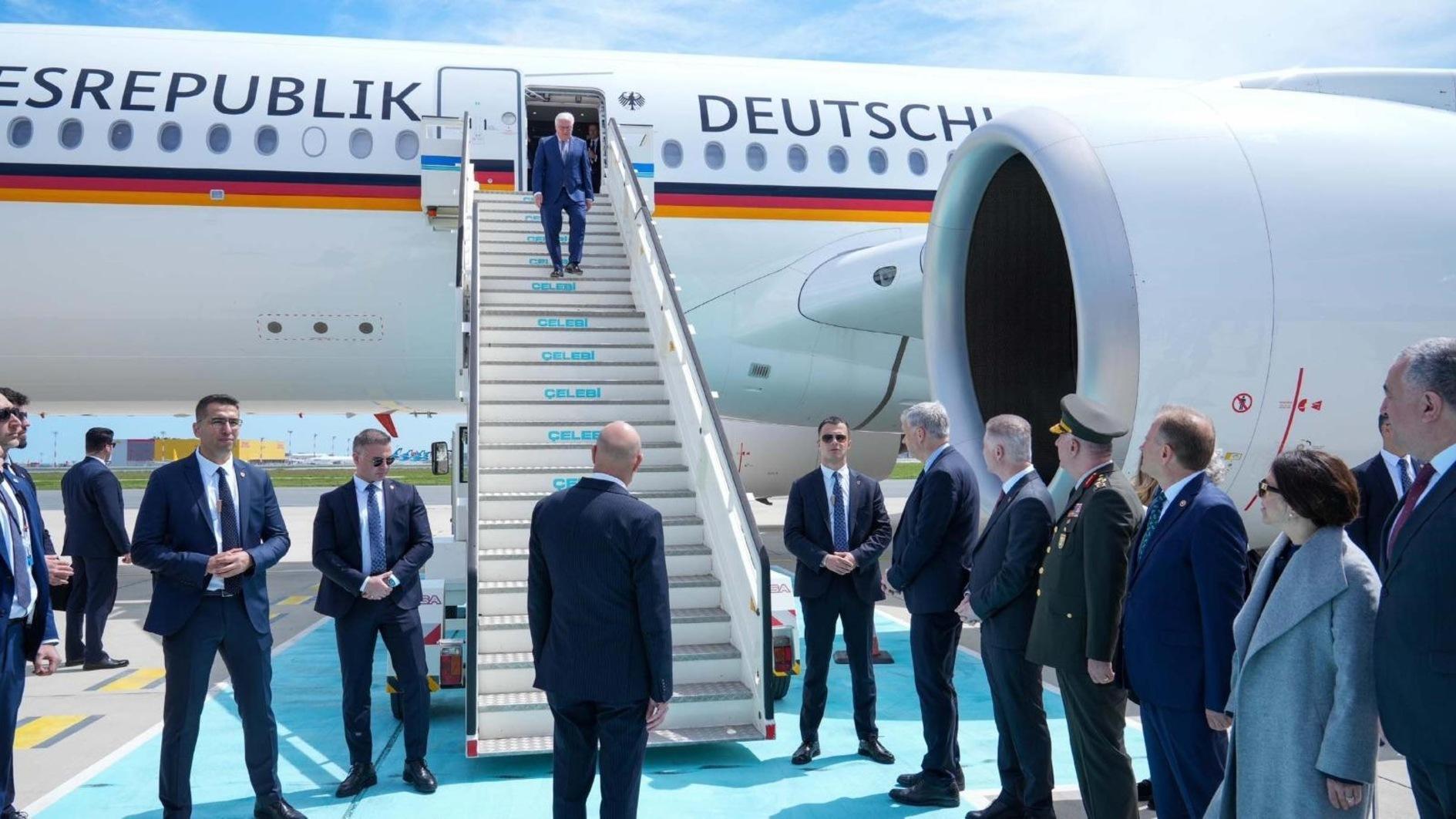N.Korea cancels visit by UN chief, claims nuclear breakthrough
SEOUL - Agence France-Presse

AFP Photo
North Korea said May 20 it has the technology to make nuclear missile warheads, less than two weeks after announcing it had launched a ballistic missile from a submarine.It also cancelled a visit by UN chief Ban Ki-moon, a day after he accused it of fuelling regional tensions.
"It has been a long time since we began miniaturising and diversifying our means of nuclear strike," Pyongyang's powerful National Defence Commission (NDC) said in a statement on the official news agency.
"We have also reached the stage where the highest accuracy rate is guaranteed, not only for short- and medium-range missiles but long-range missiles as well."
Earlier this month the North claimed it successfully test-fired a submarine-launched ballistic missile (SLBM), a development which -- if confirmed -- would allow the deployment of nuclear weapons far beyond the Korean peninsula. Ban May 19 had urged the North to avoid any actions that could escalate military tensions.
A day later, he announced that Pyongyang had cancelled his invitation to visit the Kaesong industrial zone inside the North this week.
"No explanation was given for this last-minute change," the UN chief, a former foreign minister of South Korea, told a forum in Seoul.
"This decision by Pyongyang is deeply regrettable," Ban said.
"However, I as the secretary-general of the United Nations, will not spare any efforts to encourage the DPRK (North Korea) to work with the international community for peace and stability on the Korean peninsula and beyond."
The NDC, which is chaired by leader Kim Jong-Un, said the SLBM test "represents a higher stage in our efforts to develop strategic striking forces" as part of strengthening its defences.
"The United States and its cronies must stop kicking up a ruckus over our measures to strengthen self-defence capabilities," it said.
The North has conducted three atomic tests and has long had nuclear weapons. But it was unclear whether it possessed the technology to deliver them by missile.
However the US top homeland security commander, Admiral William Gortney, said last month the North is capable of mounting a miniaturised nuclear warhead on its new KN-08 intercontinental ballistic missile.
Ban had planned to travel May 21 to the Kaesong industrial estate, a joint enterprise between Pyongyang and Seoul 10 kilometres (six miles) over the border inside North Korea.
It hosts around 120 South Korean firms employing some 53,000 North Korean workers.
Had the visit gone ahead, Ban would have become the first UN secretary-general to set foot in the communist state for more than 20 years, since Boutros Boutros-Ghali in 1993.
But he was not expected to have any high-level talks during his brief visit.
Kaesong was established in 2004 as a rare symbol of inter-Korean cooperation.
Ban, who has been visiting South Korea this week, said Tuesday the project was a "win-win model for both Koreas".
The cancellation comes at a time when the two Koreas are again mired in a dispute over wages at Kaesong, with Pyongyang insisting on unilaterally imposing a pay rise for its workers.
Aside from the Kaesong dispute, tensions have again intensified after North Korea's claimed test of the SLBM.
"If the DPRK's activities continue, we could see more arms competition and rising tension throughout this region," Ban said in Seoul on May 19, urging North Korea "to prevent escalation" and resume talks.
At the same forum South Korean President Park Geun-Hye said North Korean belligerence was threatening stability across the Asian region and remarked on "its reign of terror" with high-level purges.
South Korea's intelligence agency reported last week that North Korea's defence minister had been purged and most likely executed for insubordination and dozing off during a formal military rally.
Analysts said that in the context of rising international concern over its conduct, North Korea had seemingly decided that Ban's visit to the industrial zone was not worth it.
"North Korea was apparently concerned that Ban's trip to Kaesong might have exposed itself to greater pressure from the outside world to change its course," Kim Yeon-Chul of Inje University in South Korea said.
Professor Yang Moo-Jin of the University of North Korean Studies said the North's military, which controls passages through the border, was believed to have objected to Ban's visit, taking issue with the remarks he made on May 19.
















